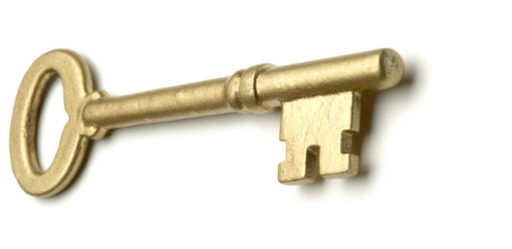PhraseMix Articles
An Interview with Brainscape
Andrew Cohen, CEO of Brainscape, interviewed me about PhraseMix. It's part of his series of interviews with people who are using Technology to improve Education. Check out some of his other interviews here: http://www.youtube.com/user/theEdTechInsider
I was speaking at a normal, fast pace,...
What are YOUR key sentences?

When I post a new lesson on PhraseMix, I hope that you will study it and get the key sentence at the top of the lesson stuck in your head. I want to keep adding new phrases until there are thousands of them for you to learn from.
Unfortunately, it's going to take a long time for me to add...
Have you ever used an English tutor?
Have you ever taken lessons one-on-one with an English tutor?
I've studied Japanese with a tutor, and found it to be a great way to improve my fluency and understanding. We met once a week in a coffee shop for a couple of hours. We discussed various topics, read out loud from Japanese books, and...
English is really two languages
People think of English as being one language, but I think it's more helpful to think of it as two different languages which English speakers switch back and forth between:
- Casual or conversational English. All native English speakers naturally learn this. This is what you'll hear kids...
What's the difference between work, a job, and business?
Most of the lessons on PhraseMix are tagged with topics that are covered in that lesson:

There are lots of different topics. A full list of all of them can be seen on the "Phrase Categories" page. If you look carefully, you might notice that there is a category for "business" lessons, but there...
The problem with language learning "levels"
Most language systems and books have different levels: Basic, Beginner, Intermediate, Advanced, and so on.
I don't really believe in levels very much, because my experience is that people take very different paths to learn a language. One person might speak English like crazy after a few weeks...
Where do I start?
A PhraseMix reader asked this question:
I feel a little lost. There are is too much information, and I am so excited to learn everything but I don't really know where to start. Wherever I look I find new links and pages and phrases. Any advice on how to start to learn the right way and not miss...
How to practice your English intonation
A PhraseMix reader sent me an e-mail with a question about pronunciation. I thought that the answer might be useful to everyone else as well.
Question:
Over the past year, I've done a lot to improve my pronunciation. However, what I've just noticed is that my intonation leaves much to be...
Never tell yourself that you "know" an English word or phrase.
Here's one secret of great language learners:
Never tell yourself that you "know" something.
Do you know the word "Hello"?
When you first started learning English, one of the first words you probably learned was "Hello". It seems like such a simple word. But stop to think about how well...
What do you do in English, other than study it?
When students ask me how to improve their English ability, here's what I always tell them:
Don't just study English; do something in English.
I say that because language isn't something that you can learn just by studying it. It's not a subject like History or Economics....



Follow PhraseMix